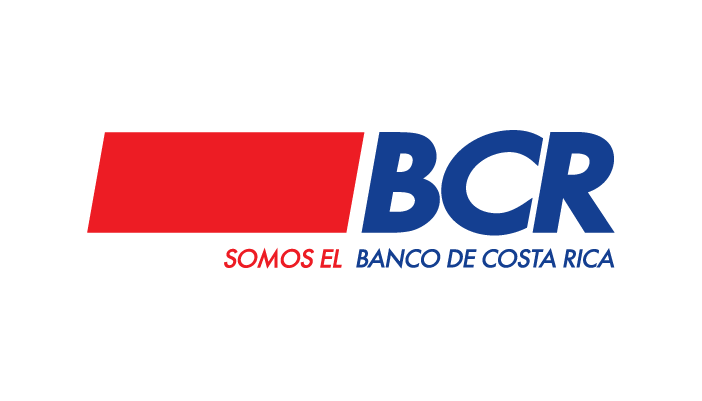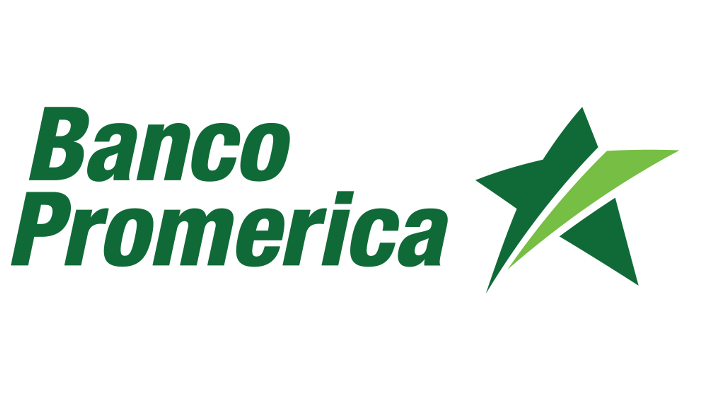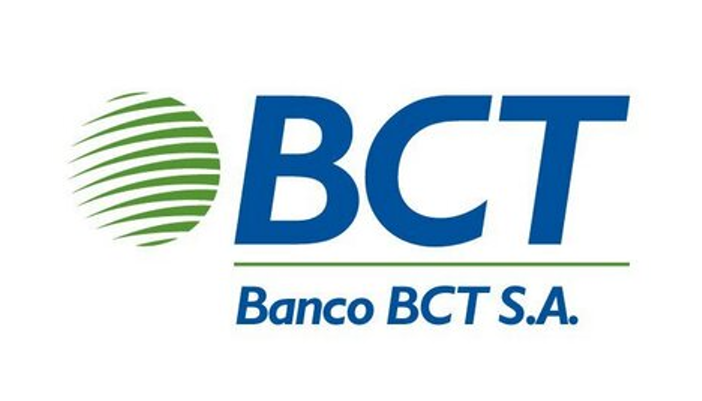Banking in Costa Rica
So how do you get started? Here’s what you need to know to open a bank account in Costa Rica.
KEY TAKEAWAY
Policies vary by bank as to who can open bank accounts in Costa Rica.Most banks allow foreigners with legal residency status to open accounts.Expats are required to provide identification, a minimum deposit, proof of residency, and proof of income before they can open an account.State-owned Banco de Costa Rica also allows non-resident foreigners access to bank accounts with certain restrictions.Income must be reported to federal authorities as well as the IRS.
CHOOSING BANK
Banks in Costa Rica fall into two categories: State-owned or national banks, and private institutions. You can open an account in either category. There are three state-owned banks to choose from: BCR, Banco Nacional de Costa Rica, and Bancrédito. The largest private commercial banks include BAC San José, Scotiabank, and Citibank.
There are some very important differences that separate the two types of banks. The state-owned ones, for instance, guarantee all deposits and typically have many branches and automatic teller machine (ATM) locations—a prime consideration for residents living in rural or remote areas. However, because they are the more popular option between the two, they are also known for their incredibly long lines.
Private banks, on the other hand, generally have shorter lines and are more likely to employ bilingual staff which, in itself, can be reason enough to go private. They may also offer appealing transactional and cost benefits to North Americans with whom they have already established a relationship in the U.S and Canada.
OPENING BANK ACCOUNT
Most banks offer accounts in colones, the Costa Rican currency, or dollars. BCR also offers accounts in euros. A basic savings account represents the most common type of account and it’s also the easiest to open. That said, establishing a bank account in Costa Rica can be a laborious process, largely because of the huge amount of paperwork involved. Requirements vary among institutions, but they generally revolve around the following:
Identification (ID):
Costa Rican banks require all resident foreigners to present their DIMEX ID card—issued by the immigration department—if they wish to conduct any banking transactions. Tourists, on the other hand, may simply present their passports, and may only be eligible to open an account at certain institutions.
Minimum Deposit:
This depends on the type of account, but savings accounts usually require at least $25 USD or 5,000 Costa Rican colones.
Proof of Residency:
You need to present a physical document such as a utility bill or lease agreement that states your local residential address.
Additional Forms:
A local policy called “Conozca a Su Cliente”—Know Your Client—requires that any U.S. citizen with a Costa Rican bank, both individual and corporate, verify and update personal information every year. Various tax forms may also be required to inform the Internal Revenue Service (IRS) of offshore bank accounts.
Anyone opening an account at most Costa Rican banks must also provide proof of income. This is to ensure the funds used by account holders come from legitimate sources, and that consumers are complying with federal regulations by not laundering funds, financing terrorism, or trafficking drugs. Salaried employees need proof of income from their local employer, which may include a letter and/or pays stub. Independent contractors need to produce a letter or certification of income from an accountant. Other foreigners may also present proof of their assets from American banks.










